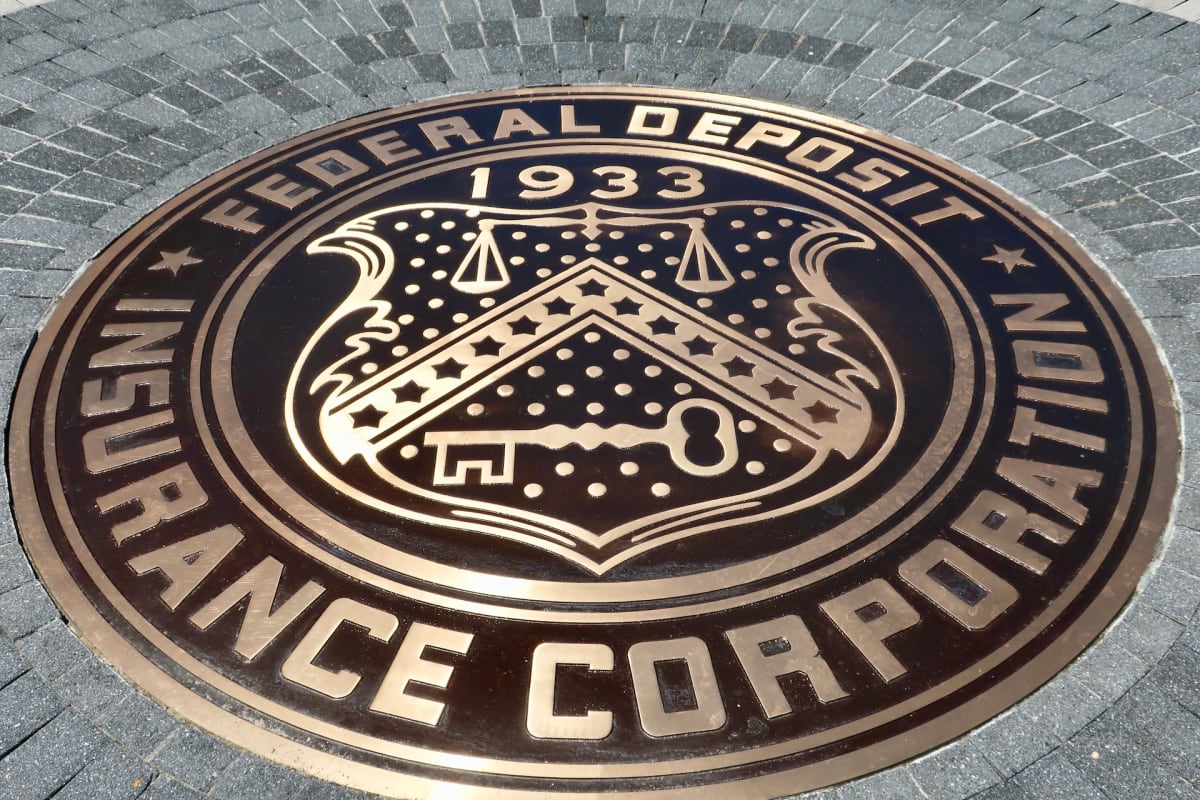
The banking industry is in turmoil. Three major institutions have failed since March.
A mismatch of interest rates on assets and liabilities and an exodus of depositors are two of the main culprits.
After each failure is resolved, another bank comes under pressure. Western Alliance (WAL) and PacWest Bancorp (PACW) are taking huge hits in the stock market Thursday, with Western shares down 30% and PacWest down 45%.
TheStreet.com went to the dean of bank analysts, Richard Bove, to get his thoughts on the crisis. He’s chief financial strategist at Odeon Capital Group.
TheStreet.com: How bad are things for Western Alliance and PacWest?
Bove: I have four categories to determine if a bank’s in trouble.
- What percentage of deposits are in non-interest-bearing accounts because those are walking.
- How much of a bank’s balance sheet is composed of fixed-income securities? Yields are locked on those [generally at low rates].
- Which banks have the biggest commercial real estate portfolio [a troubled sector]?
- Which banks are producing the most phony statements, where the balance sheet says an asset is worth $100 but a footnote says it’s $80?
Western Alliance doesn’t fall under those categories. I don’t know why the stock is getting hit so hard. PacWest has a huge amount of commercial real estate loans and fixed-rate mortgages.
TheStreet.com: How will the crisis play out from here?
Bove: I think there will be a blanket regulation preventing the shorting of bank stocks for a week, a month, who knows. Anyone with half a brain in Washington can see this will destroy the banking system until a recession cleanses the system. [Short sales are bets that a stock's price will decline.]
The shorts have done the banking system a favor [by forcing out weak banks]. Regulators didn’t do their jobs. Yesterday, [Fed Chairman Jerome] Powell said the banking system is sound, and he had to. But it’s unsound.
This is a replica of the 1986 savings-and-loan crisis. Short-term interest rates rose to the point that the S&Ls couldn’t get enough yield from their assets to cover their costs. [A government bailout ensued.] That resulted in the stabilization of the financial system, though we lost thousands of S&Ls.

TheStreet.com: What do you think the government will do while the shorts are shut down?
Bove: The government will come up with a method to pump a huge amount of equity capital into the system. They will have to let the weak banks fail; otherwise, there will be a hair-raising recession.
It has to be similar to 2008. The government can’t come up with all that money itself. It has to go to JPMorgan (JPM) and [the other money-center banks] and tell them to construct a pool of funds that will be invested in individual banks that merit it.
TheStreet.com: Will big banks want to take over the failures?
Bove: They would be happy to do so because [the troubled banks] are selling 30 cents on the dollar. JPMorgan will make a bundle off its acquisition of First Republic.
TheStreet.com: But it sounds like the onus is on the government.
Bove: The government must stop the hysteria and stabilize the system, so the process of driving banks out of business stops. You need a situation where shorts say it’s time to cover, and more importantly, one where banks survive.
The government can’t keep saying banks are in good shape and all depositors will be protected. To the extent they lie, that just exacerbates the situation. They have to show how the banking system will have enough capital in a recession.
Receive full access to real-time market analysis along with stock, commodities, and options trading recommendations. Sign up for Real Money Pro now.







